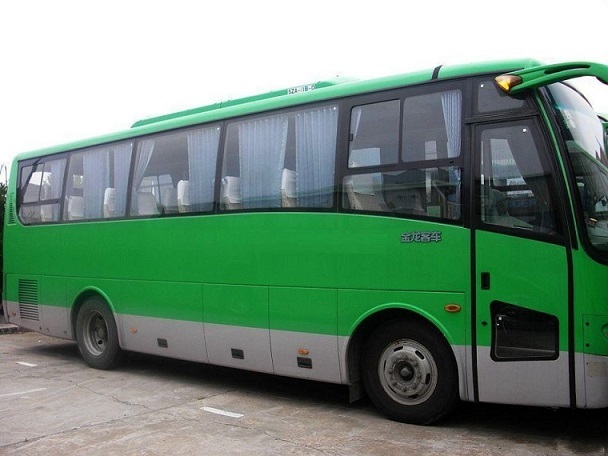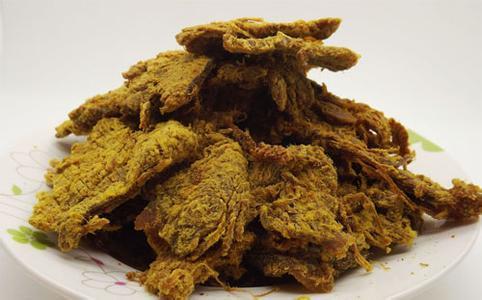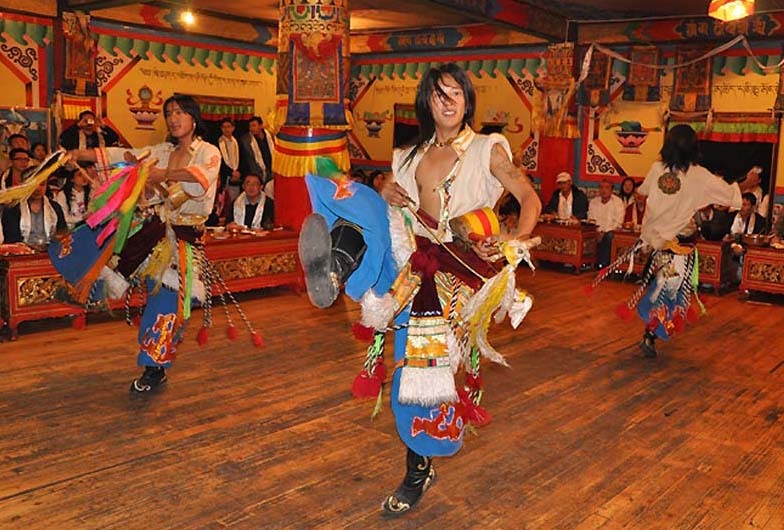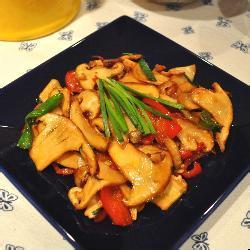-
-
-
Smart Scenic Area
-
-
Service Center
-
Flight information
Diqing Shangri-La Airport is 5 kilometers from the county seat. There is no airport shuttle bus service; taxis are the only option from the city. A taxi ride typically takes about 15 minutes and costs 20-30 yuan.
City transportation
There are 6 bus routes in Shangri-La County, operating from 6:00 to 18:00. The fare is 2 yuan, and it's automatic coin-operated with no ticket seller. Main bus routes:
Yak beef
Yak meat, cured with brine and sliced thinly, mixed with chili peppers, makes for a great drinking snack. Of course, the best drink to go with it is the local barley wine.
Home visit to a Tibetan family
Visiting a Tibetan home is a project with strong ethnic characteristics. Upon entering a Tibetan home, the elders present a hada at the door, and the women offer Qingke wine. Guests are then led to the main room, where they are offered hot butter tea, roasted barley flour, and fried foods. Qingke wine is freely available. There are songs, dances, and the presentation of hadas. Tibetan young men perform powerful dances and sing with deep voices, while Tibetan girls have graceful dance moves and sing with clear, high-pitched voices. Shangri-La has a wide variety of Tibetan songs and dances, the most representative being the Guozhuang dance of Jian Tang Town, the Nishiqing dance, Tacheng Reba, Deqin Xianzi dance, and the Yak dance, etc. These are all traditional performances in home visits to Tibetan people in Diqing Shangri-La. Tourists visiting Tibetan homes can also improvise and interact with local Tibetan families in performing arts.
Matsutake mushrooms
From June to August each year, during the rainy season, a type of mushroom called Matsutake can be found along the line from Dali and Lijiang to Diqing and Northwest Yunnan. It is a wild mountain delicacy that was once popular in Japan and Southeast Asia. Fresh Matsutake stir-fried with green peppers is fragrant and refreshing, and very delicious, but it cannot and should not be transported over long distances. If you happen to be there during the right season, feel free to enjoy it at a local restaurant.
Pipa Meat
A delicacy for Tibetan guests. Also known as pig fat meat, it is a traditional cured meat product of the Pumi, Naxi, Tibetan, and Lisu ethnic groups in Northwest Yunnan and the Sichuan border region. This area has a short frost-free period and a cold climate. After hunting, it is cured during the colder months of winter. The finished product is a beautiful red and white, with an enticing aroma. The color, aroma, and taste are similar to Xuanwei ham.
Telephone:
Inquiries telephone:15758459023Office telephone:0887-8229411
Complaints telephone:15758459024Emergency telephone:15758459020
Address:
No.3, Niwang Road, Shangri-La City, Diqing Tibetan Autonomous Prefecture, Yunnan Province
Follow us
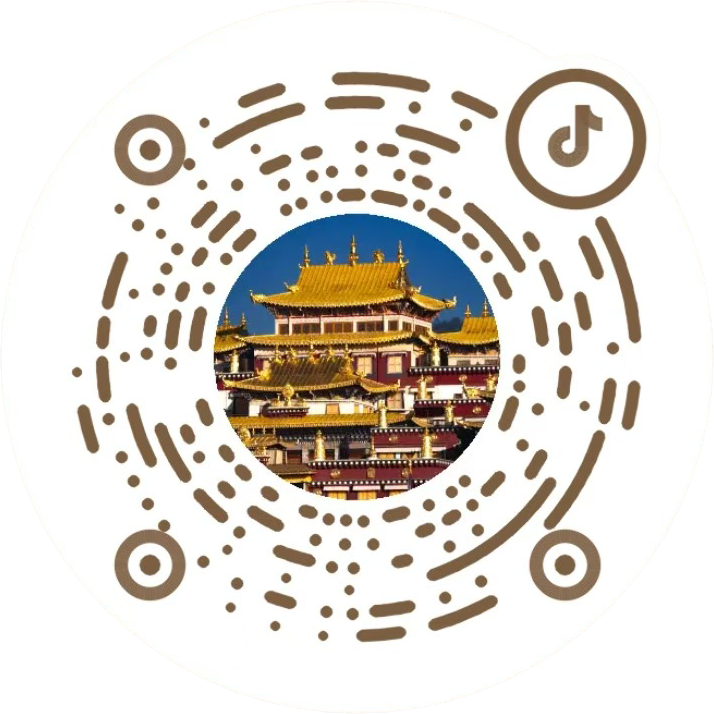
Douyin

Official Account
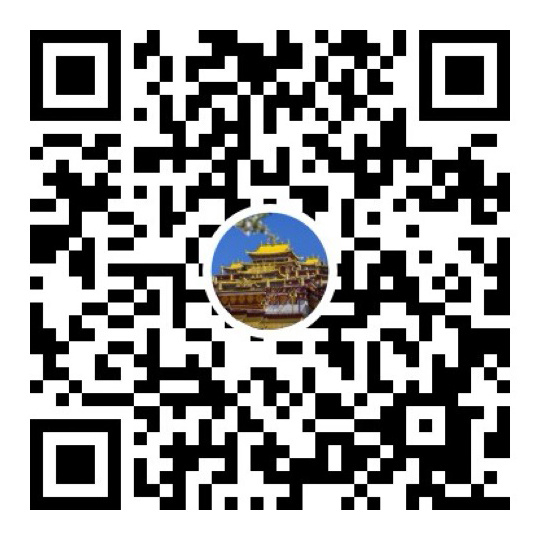
Video Account
COOKIES
Our website uses cookies and similar technologies to personalize the advertising shown to you and to help you get the best experience on our website. For more information, see our Privacy & Cookie Policy
COOKIES
Our website uses cookies and similar technologies to personalize the advertising shown to you and to help you get the best experience on our website. For more information, see our Privacy & Cookie Policy
These cookies are necessary for basic functions such as payment. Standard cookies cannot be turned off and do not store any of your information.
These cookies collect information, such as how many people are using our site or which pages are popular, to help us improve the customer experience. Turning these cookies off will mean we can't collect information to improve your experience.
These cookies enable the website to provide enhanced functionality and personalization. They may be set by us or by third-party providers whose services we have added to our pages. If you do not allow these cookies, some or all of these services may not function properly.
These cookies help us understand what you are interested in so that we can show you relevant advertising on other websites. Turning these cookies off will mean we are unable to show you any personalized advertising.
Copyright: Shangri-La Songzanlin Scenic Area Protection and Development Co., Ltd.




